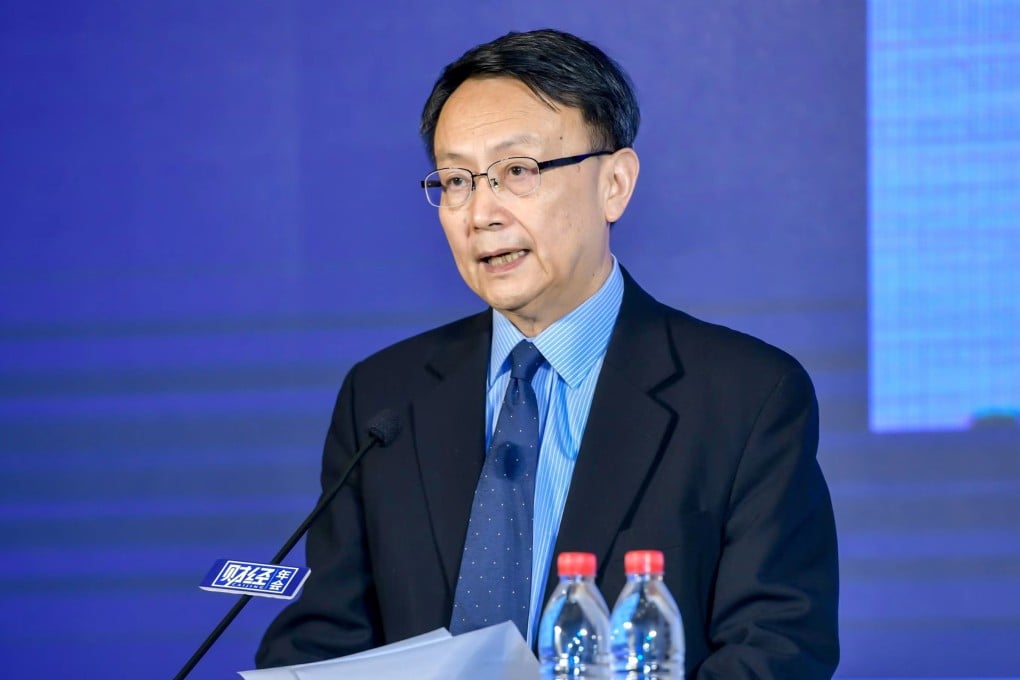Advertisement
China’s ‘Two Sessions’: allowing more academics to attend international events will help boost country’s image, says professor
- Jia Qingguo, a delegate to the CPPCC, says scholars can help by explaining the thinking behind policies
- The country’s international image has been hit by its handling of Covid-19 and policies towards Xinjiang, Hong Kong and Taiwan
Reading Time:2 minutes
Why you can trust SCMP
16

China should ease its restrictions on overseas academic exchanges to help improve the country’s image abroad, a leading academic has told the country’s annual political set piece.
Jia Qingguo, a professor at Peking University and delegate to the Chinese People’s Political Consultative Conference, submitted a proposal to the advisory body calling for new incentives to encourage Chinese academics and retired diplomats to engage with foreign media and think tanks to better explain China’s policies.
Perceptions of China have grown more negative in recent years, partly driven by the country’s handling of the Covid-19 pandemic as well as its policies towards Xinjiang, Hong Kong and Taiwan.
According to a 14-country survey by Pew Research Centre in 2020, unfavourable opinions towards China reached the highest level since it started polling more than a decade previously. Negative views included strong disapproval of China’s handling of the pandemic, although views improved slightly in the following year’s survey.
Jia admitted these negative perceptions posed an “exponential” challenge to the country’s foreign policy.
“This situation is not conducive to creating a favourable international environment for our country to lead the international community in addressing regional and global challenges,” Jia wrote.
Advertisement
Select Voice
Choose your listening speed
Get through articles 2-3x faster
1.1x
220 WPM
Slow
Normal
Fast
1.1x
